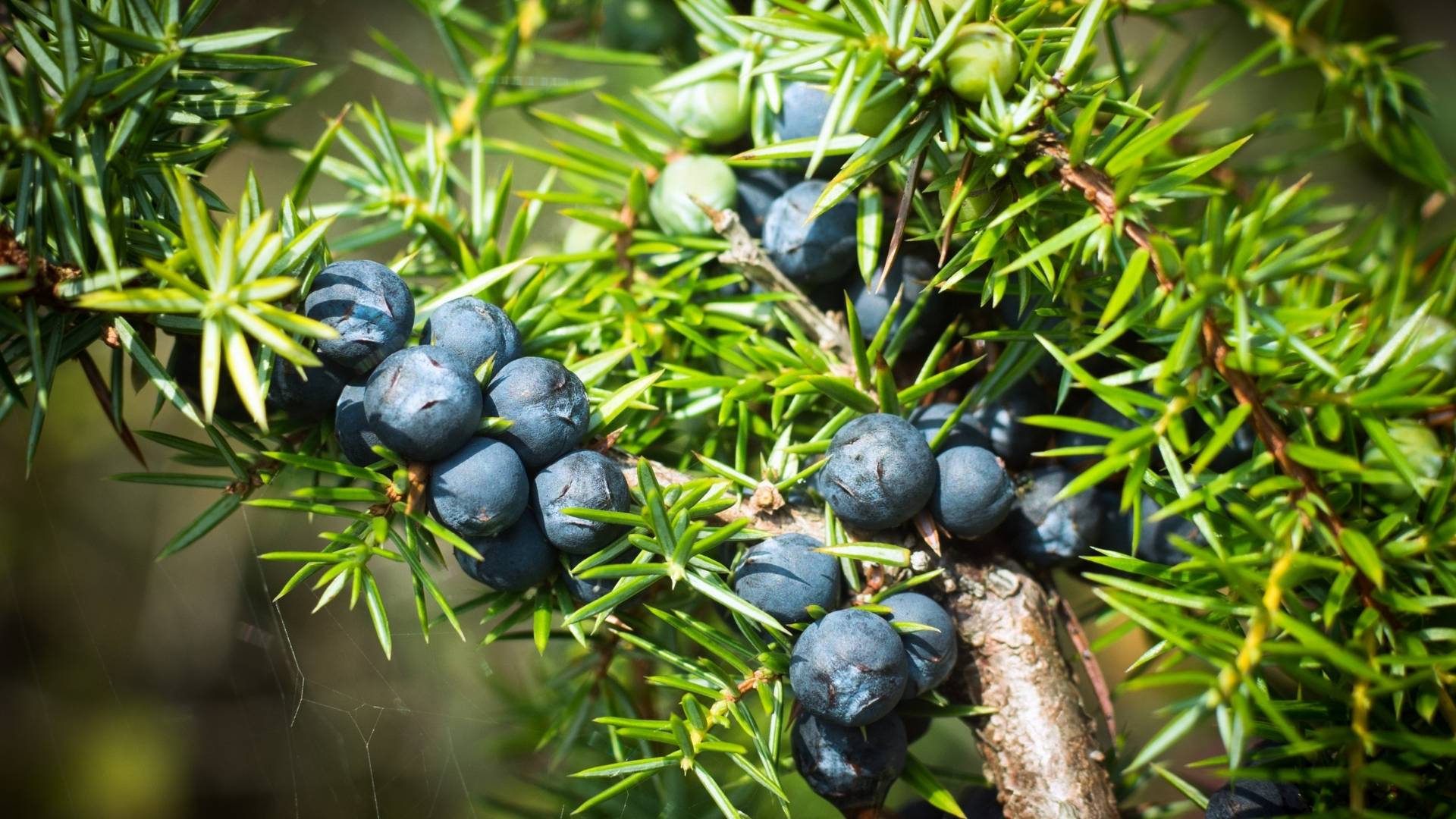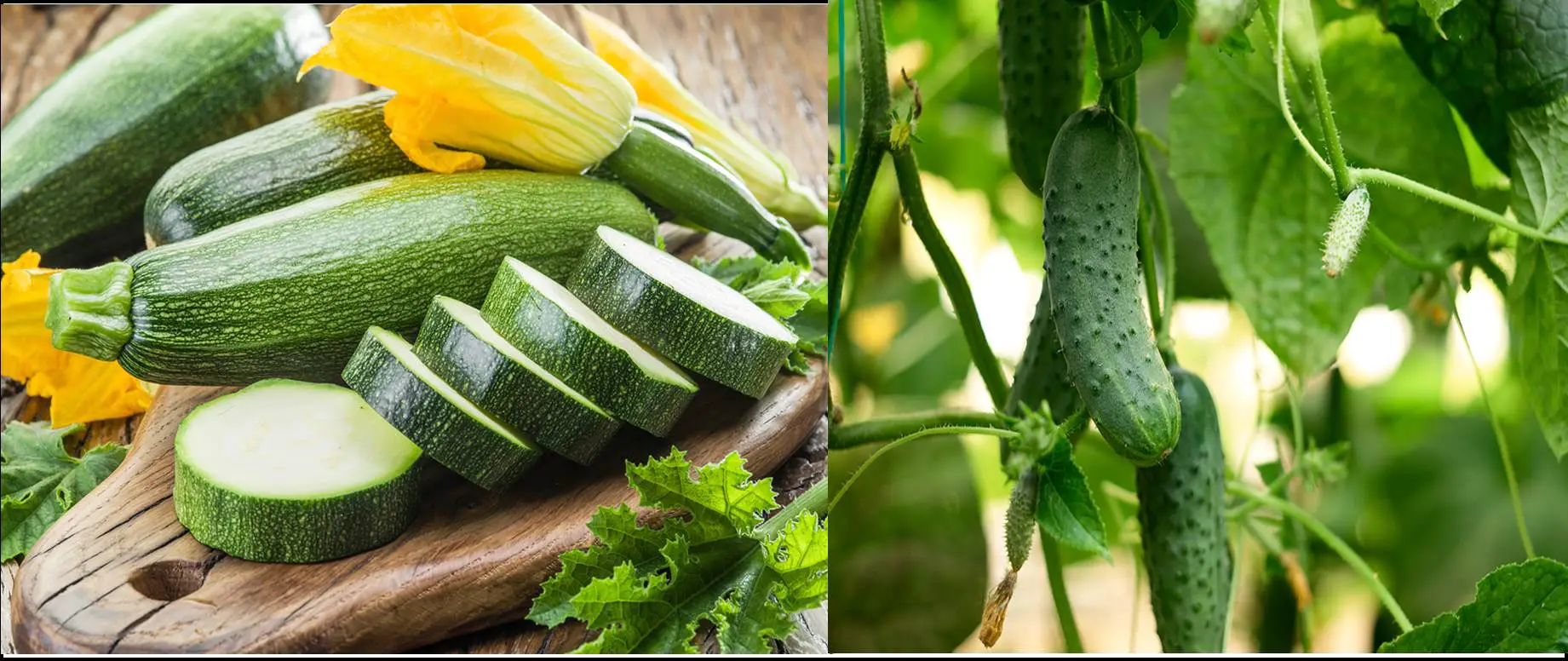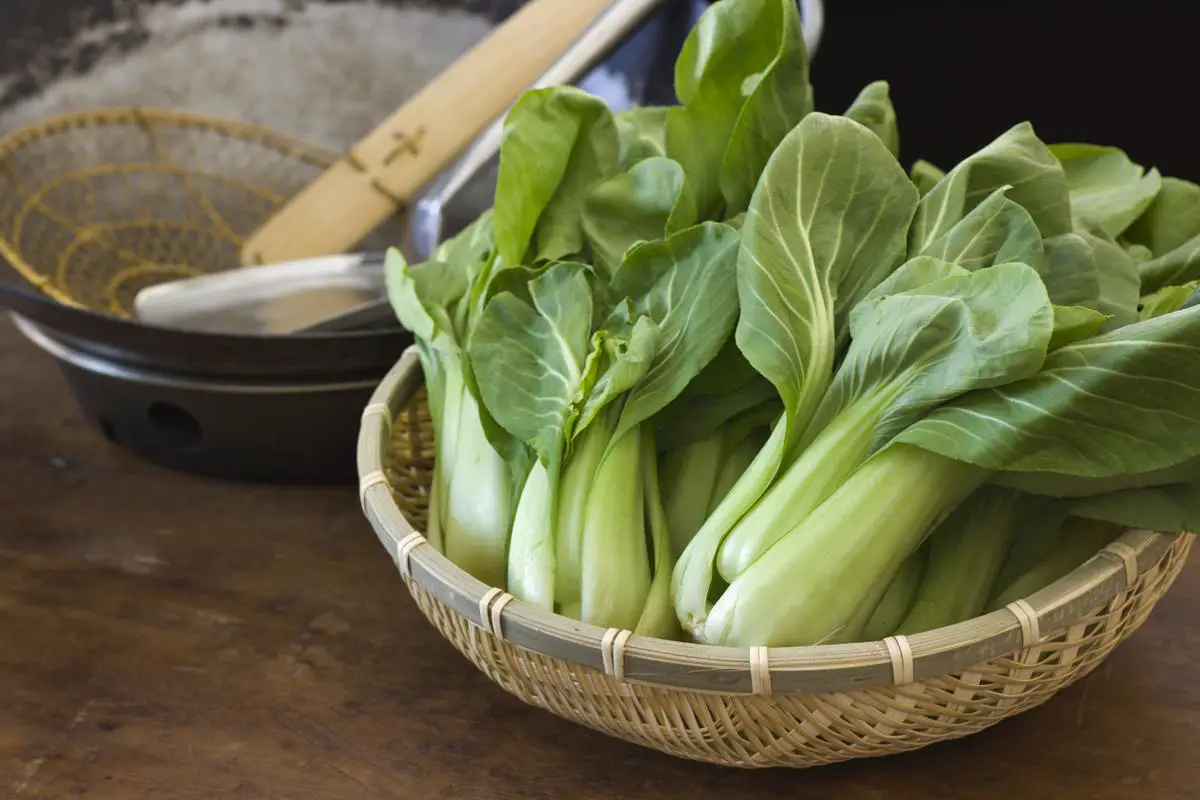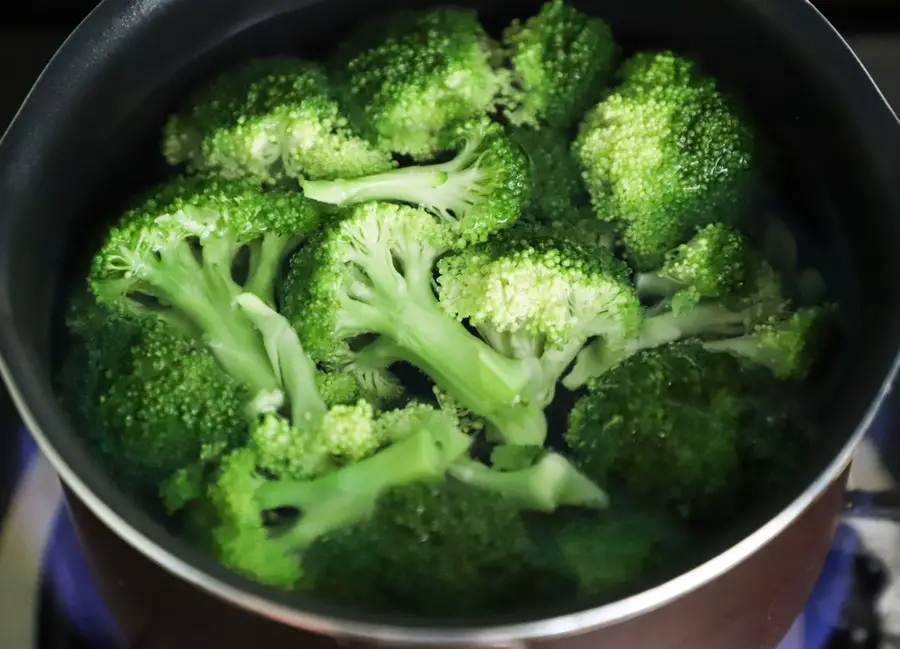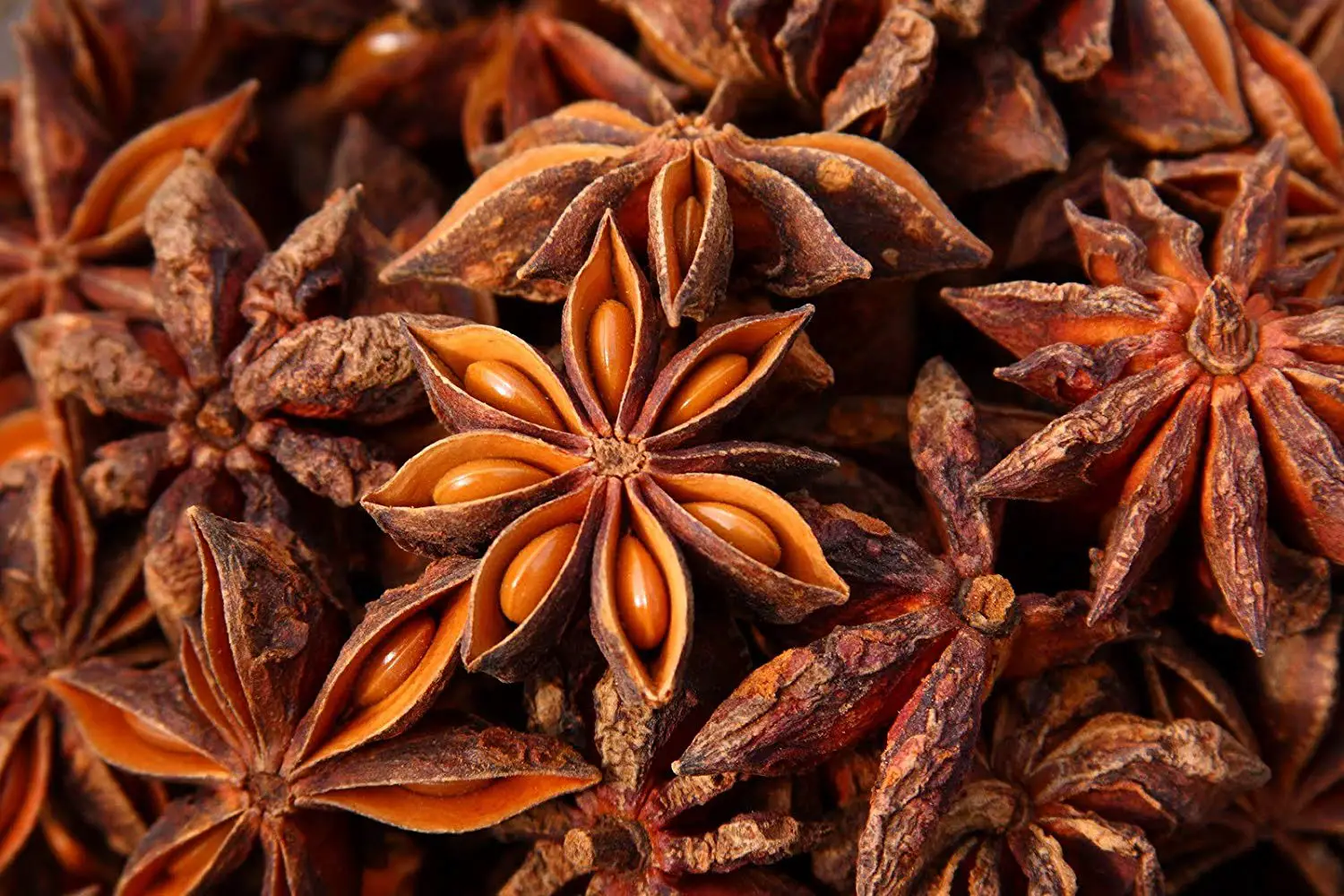Juniper berries are the female seed cones of the juniper plants. The confer plant or Pinophyta has many species, and the most common edible one is Juniperus communis. [1]
Juniper berries are primarily used as a spice. It is the only spice produced by conifer trees.
However, if you run out of this spice in the middle of cooking, there are some juniper berry substitutes available in your kitchen that you can use.
Juniper berries add a bitter-citrus flavor to the dishes. The medicinal and culinary usage of juniper berries dates back to ancient Greece. It was used as a cheaper substitute for pepper back then. Modern scientific data support the potent antioxidant and antiseptic qualities of spice. [1]
Dried juniper berries have a dark, purple-blue appearance. The exotic spice lends a bitter, spicy, and fresh earthy flavor to the dishes. Bring a sharp, spicy, slightly bitter note to food, reminiscent of evergreen forests. Many European meat and vegetable dishes (sauerkraut) use juniper berries for the musty and pine-like taste.
In case you can’t get hold of juniper berries in your local supermarkets, here are some of the best substitutes to save your day.
5 Best Juniper Berry Substitutes
1. Gin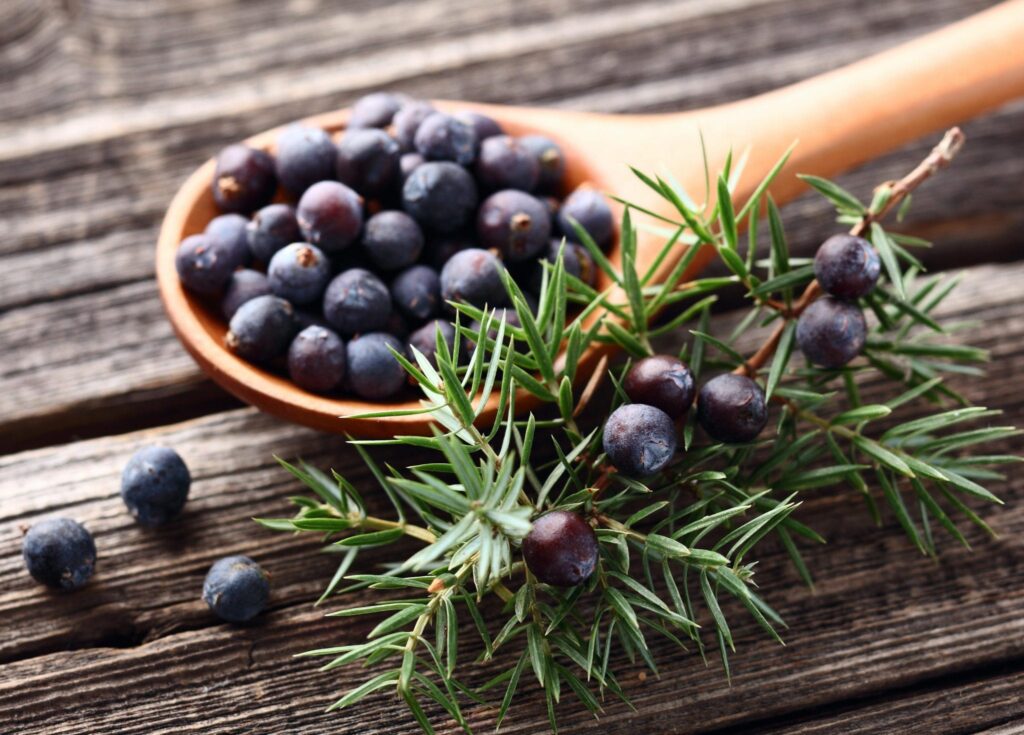
Gin is the best substitute for juniper berries in your recipe. Gin is an alcoholic drink distilled from juniper berries. The term gin originates in French genièvre and old Latin Juniperus for Juniper.
It would help if you chose a good gin brand when planning to use it as a substitute. Tanqueray, Sipsmith, Beefeater, and Hendrick’s gin are some authentic juniper gins that can help you get the essence and flavor of juniper berries.
You need not worry about the boozy taste of the dish if you replace juniper with gin. The alcohol generally evaporates in the cooking process, leaving only the juniper berries’ flavor.
You need to adjust the amount of gin used in the recipe. Most chefs recommend replacing 1 teaspoon of gin with 2 juniper berries.
2. Rosemary
Rosemary makes an excellent replacement for juniper berries due to its earthy and herbal flavor.
The fragrant herb belongs to the mint family or Lamiaceae and is native to the Mediterranean regions along with thyme, lavender, oregano, and basil.
Fresh rosemary sprig and dried or powdered extracts can be used as a condiment in various red meat dishes that need marination.
Rosemary also has impressive health benefits — potentially for digestion, circulatory system, brain, and hair health. [2]
Rosemary herb is less bitter than juniper berries. The aromatic herb is essential in Mediterranean, Northern Europe, and Scandinavian dishes.
You can replace 4 juniper berries with a 3 inches long sprig of rosemary in your recipe. The Mediterranean spice herb can easily substitute for the pine-like flavor in the dishes.
3. Caraway Seeds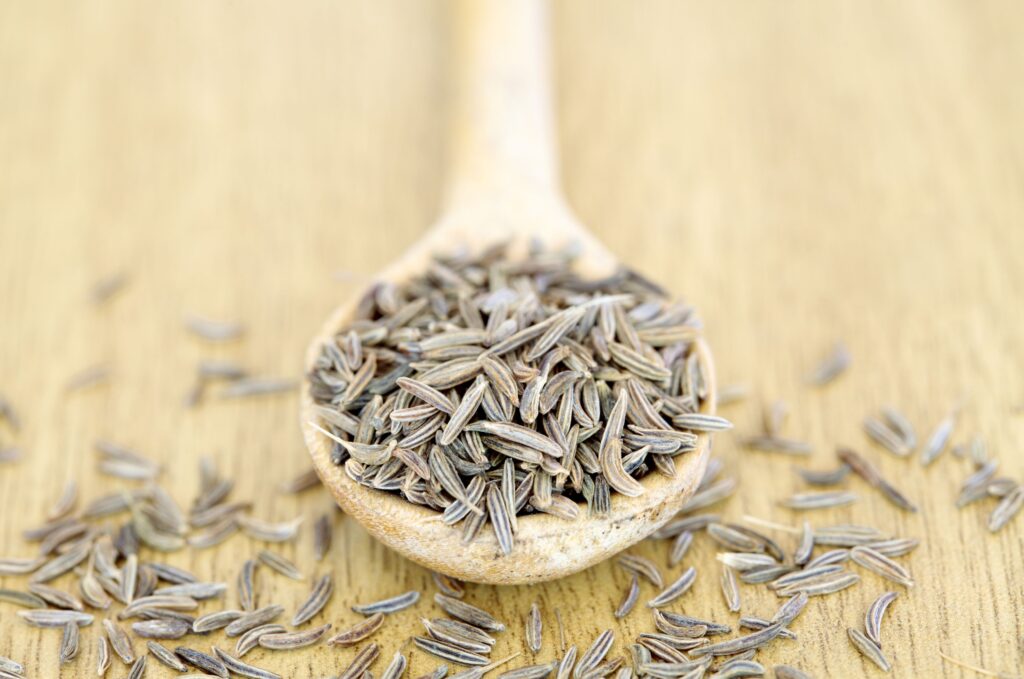
Caraway seeds, or Carum carvi, is an intensely aromatic spice that belongs to the Umbelliferae family along with anise, dill, fennel, and cumin spices. [3]
Caraway seeds are extensively used in Mediterranean and European cuisine. The aromatic seeds have a warm, slightly sweet and peppery flavor.
Caraway seeds can substitute for juniper berries in many savory dishes such as sauerkraut, vegetable soups, meat, sausage preparations, etc. Gourmet experts suggest using a teaspoon of caraway seeds to replace 2 juniper berries.
4. Bay Leaves
Bay leaf or laurel leaf comes from the Laurus nobilis tree. The evergreen tree is a native of the Mediterranean and bordering regions.
Bay leaf is a popular spice used whole or in ground form in various dishes — marinating meat, stews, fish, and vegetable recipes.
Bay leaf has a delicate aroma that doesn’t overpower the taste. Instead, its slightly bitter taste is reminiscent of the juniper berries flavor in the dishes.
You can crush 1 or 2 bay leaves and add them to the recipe instead of 4 juniper berries. Many use a combination of caraway seeds and bay leaf to flavor the foods as well.
5. Cardamom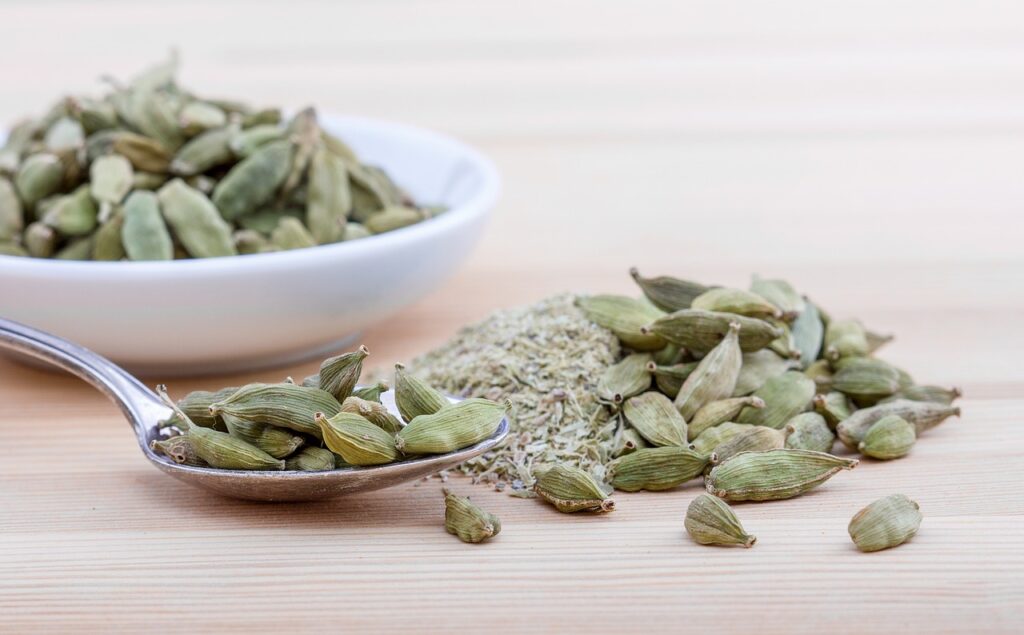
Cardamom is an intensely aromatic spice used in many savory and dessert dishes. The sauce is made of seed pods belonging to Elettaria or Amomum species. The cardamom plant is native to India and Indonesia.
Cardamom is one of the most expensive spices in the world, ranked only after saffron and vanilla. The spice pods in the ground or whole form can add a sweet, mildly bitter, and pine-like flavor to your meat and vegetable dishes.
Bottom Line
Most of the exotic spices in the world come from tropical regions. For example, juniper berries are popular condiments in European cuisine but not so popular in the U.S.A.
Some juniper berries substitutes include — gin, rosemary, bay leaf, caraway seeds, and cardamom are readily available. You can use these ingredients in specific amounts to substitute for your dishes’ pink-like, earthy flavor of juniper berries.
Read Next: 10 Best Substitutes for Escarole
